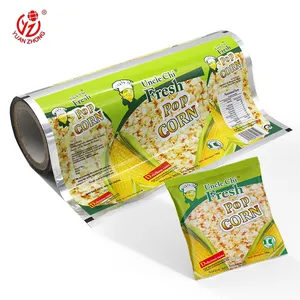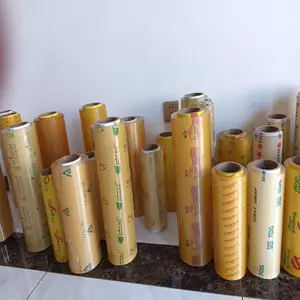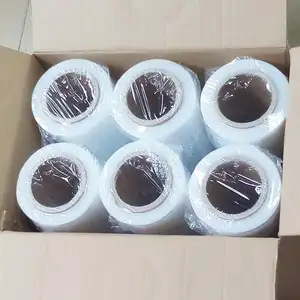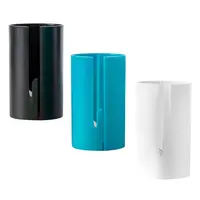
Bulk wrapping plastic rolls, commonly known as stretch wrap, play a crucial role in securing cargo during transportation. Made primarily from linear low-density polyethylene (LLDPE), this stretchable plastic film is designed to unitize loads, ensuring they remain intact while in transit. The material's elasticity not only maintains the load's stability but also minimizes product loss by keeping items securely on pallets.
The production of stretch wrap involves two main processes: cast and blown extrusion. Cast extrusion is known for its clear transparency and cost-effectiveness, while blown extrusion offers a tougher and more flexible wrap with superior load retention. The choice between these two types depends on the specific needs of the operation, balancing factors like cost, clarity, and cling quality.
Specialty stretch wraps, such as UV, vented, anti-static, and colored varieties, cater to specific industry requirements. For instance, UV stretch wrap protects against photodegradation, vented wrap allows airflow for perishables, anti-static is ideal for electronics, and colored wrap aids in shipment organization. Each type has its unique advantages, whether it's cost savings with pre-stretched wrap or promoting sustainability with coreless and biodegradable options.
Selecting the appropriate type of bulk wrapping plastic roll is essential for businesses to ensure the safety and integrity of their products during shipping and storage. The variety of stretch wraps available on the market allows companies to choose solutions that best fit their operational needs and sustainability goals.













































 浙公网安备 33010002000092号
浙公网安备 33010002000092号 浙B2-20120091-4
浙B2-20120091-4